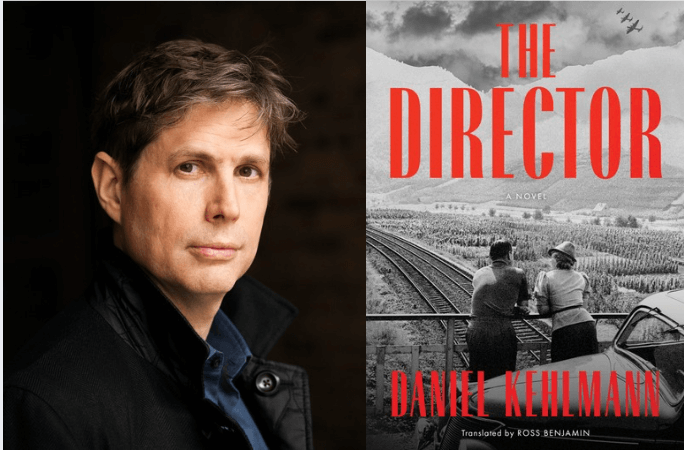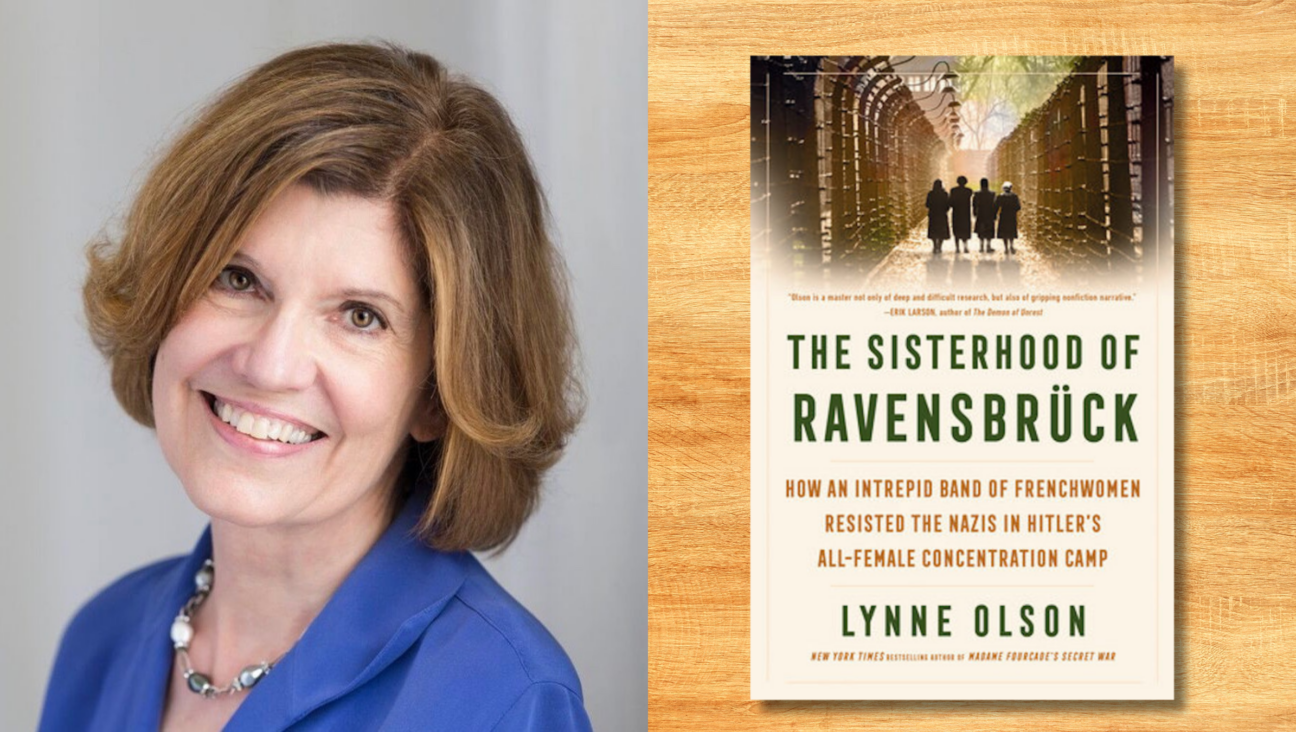Why Soccer Creates the Best Middle East Dialogue

Graphic by Angelie Zaslavsky
Getty Images
Thinkers from Cass Sunstein to Eli Pariser in “The Filter Bubble: What the Internet is Hiding From You,” have elucidated the threat to social discourse posed by the Internet. Increasingly able to insulate ourselves from disagreement, we live in bubbles of like-mindedness. From whichever angle, it’s epistemic closure in sociological jargon, “bullshit mountain” in Jon Stewart’s terms.
Soccer is one of the few places that sworn enemies talk, argue, read each other’s news: interact. It’s not perfect, there are inequities, iniquities, pitched battles and tragedies but those narratives clash openly in the media as well as on the pitch.
Tamir Sorek’s book, “Arab Soccer in a Jewish State: The Integrative Enclave,” about the social norms of soccer in Israel is an attempt to analyze how Jewish and Arab soccer co-exist in Israel, in various different ways. And to see whether soccer, in such a conflicted part of the world, can have a constructive effect on the situation.
It doesn’t help that insofar as Jews and Arabs do play together, they do so because playing soccer is “modern” in a way that embracing nationalism is “modern” and thus pits Jews and Arabs against each other. But the paradoxes that the playing field offers are fascinating (what happens when an Arab-Israeli team with Jewish players tours Jordan?) and are, on a myriad of local levels, writ large in the gap between ideology and practice.
It’s both wonderful and a shame that it’s a scholarly work. The scholarship allows the questions to remain open and rich even while being answered contingently using evidence. But, at the same time, the scholarly tone, diction and footnote apparatus makes it less accessible than it really could be.























